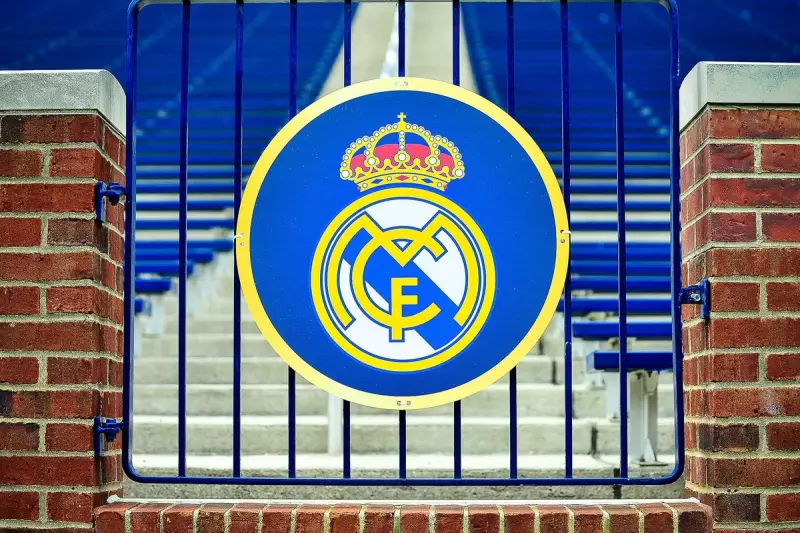
In a stunning legal victory that could reshape European football's power structure, Real Madrid has successfully challenged UEFA's authority to punish clubs participating in breakaway competitions like the European Super League.
The European Court of Justice delivered a landmark ruling that prevents UEFA from imposing sanctions on the Spanish giants for their involvement in the controversial project. This decision represents a significant blow to European football's governing body and potentially opens the door for renewed Super League discussions.
Legal Battle Reaches Critical Conclusion
The legal confrontation stemmed from UEFA's initial threat to sanction clubs who joined the proposed Super League in 2021. Real Madrid, alongside Barcelona and Juventus, remained committed to the project despite widespread criticism and the withdrawal of several English clubs.
The court found that UEFA's rules giving it exclusive control over international football competitions in Europe violated EU competition law. This ruling fundamentally challenges the monopoly position that UEFA has maintained for decades.
What This Means for Football's Future
The decision raises crucial questions about who ultimately controls European football. While the ruling doesn't automatically approve the Super League, it does create a legal framework where alternative competitions could potentially operate outside UEFA's direct control.
Football authorities now face increased pressure to reform their governance structures and competition approval processes. The judgment suggests that any new competition must still meet certain sporting merit criteria, but cannot be arbitrarily blocked by existing governing bodies.
Mixed Reactions Across Football Community
Initial responses to the ruling have been sharply divided. Super League supporters hail it as a victory for club autonomy and free competition, while traditionalists fear it could lead to football's commercialisation at the expense of sporting integrity.
UEFA has responded by emphasising that the ruling doesn't signify endorsement of the Super League concept, while A22 Sports Management, the company behind the project, has declared it a decisive victory for football clubs.
The football world now watches closely to see how this legal precedent will influence future competition structures and whether the Super League concept will be revived in a modified form that complies with the court's requirements.





